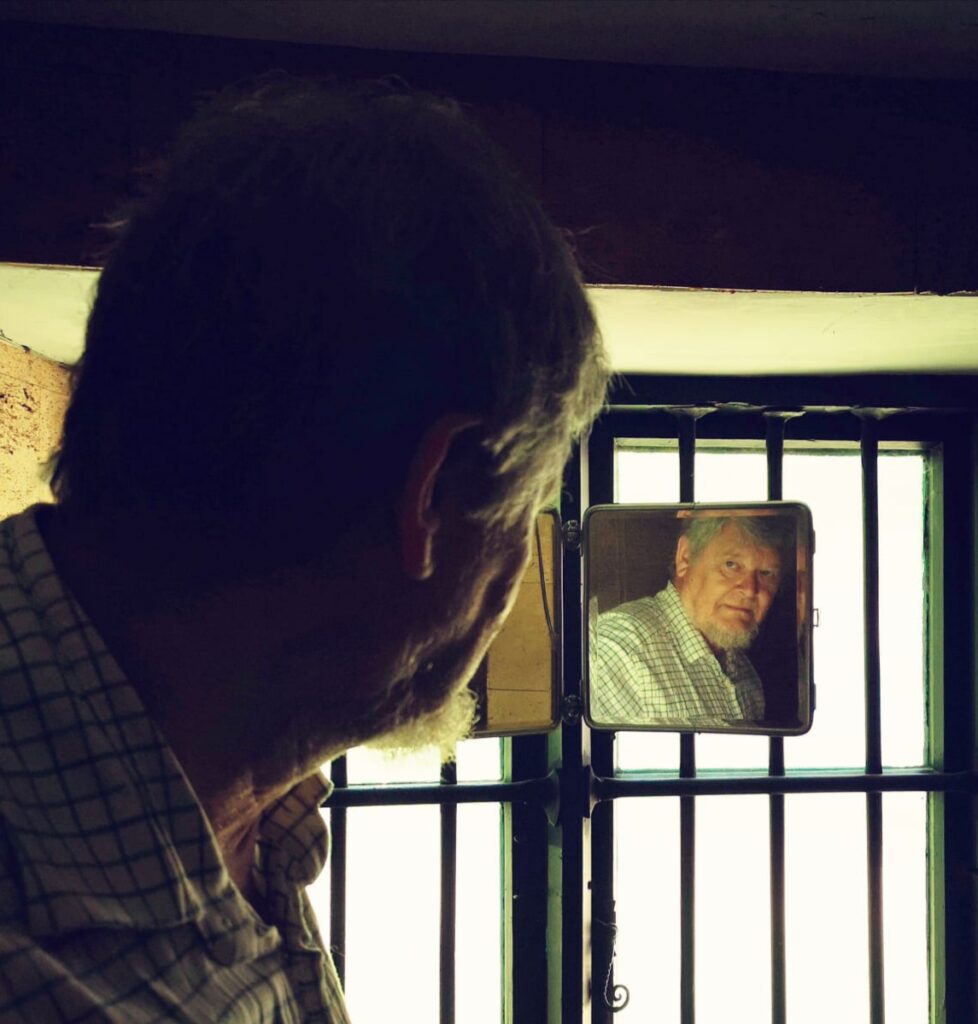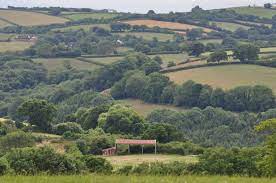29 September 2022
Planning A Future
by J.R. Thomas

Are we about to see one of the great radical ministries of the twenty-first century? What we know about our new Prime Minister’s core beliefs and philosophies suggests possibly not; no Thatcher comes to the helm here, we might suspect; more a Heath. Indeed, the similarities between Liz and the late Ted are more than slightly uncomfortable. Modest background; undoubtedly intelligent; even more undoubtedly ambitious; and political principles which were for him and even more are for this lady, difficult to discern.
Mr Heath had risen to the top job without really letting on what he believed in other than motherhood and apple pie and that the Conservatives should be the party of government. Ms Truss has rather done the same. The pair of them both seemed to have a relatively late conversion to small government and a sort of faux liberalism – yes, we know about Ted’s economic think tanks wanting lower tax and the greater encouragement of enterprise. And we know about Liz’s contribution to Britannia Unchained, alongside Dominic Raab and Priti Patel and Kwasi Kwarteng and Chris Skidmore, a general call to liberation and less government and the encouragement of growth. But somehow, looking at the list of authors, it is difficult to believe that they were or are that committed to the cause on which they expended their ink. Except of course, for one of them, Mr Kwarteng, now Chancellor of the Exchequer. His budget last week was a clever and classic liberal one, encouraging investment and hard work and reducing the burden of taxation. It also suggests a considerable tin ear; to reduce the burden of tax on the rich whilst doing somewhat less for the poor not been a strategy guaranteed to win electoral success or financial market approbation.
To reverse this weak start, here is an easy win, a crowd pleaser, a way of penalising the unfairly rich, and something which comes with the Institute of Economic Liberalism kitemark stamped all over (I made that up, yes). It might even reduce house prices and certainly should make infrastructure funding much easier.
Development Land Tax. Of course, it has been tried before and abandoned, for various reasons, but it is worth another run out. As anybody who has tried to buy a modest house will certainly have noticed, they are extraordinarily expensive. In London a two bedroom flat will not be had for under £400,000 and even in remote rural locations it is difficult to buy a very modest new house for anything less than £275,000. Compared with the USA and most parts of Europe these are painfully overpriced. Why? Not because building costs are much higher in the UK; it is true that our building techniques are old fashioned and the construction industry has failed to adopt, so far, the cheaper factory prefabricated systems, less prone to bad weather and careless site works. (And, incidentally, generally better insulated and constructed.) The problem is land costs, and the reason land costs are so high is the planning system.
Part, most, of the problems in the planning system stem from the fact that we nearly all would like more houses and cheaper ones, but we don’t want them in many places – such as next door, on green-belt land, where there might a natterjack toad or a greater crested newt or an old tree or once a Roman villa or interrupting a pleasant view (insert your own reasons here). In a small crowded country that does mean there are not many places for new buildings. Ms Truss has said she will address that problem – as have so many politicians before her, so good luck to her.
But what the system does do is that if a landowner, developer, owner of a large garden, proprietor of a large redundant factory, struggling farmer, whoever, gets planning permission for residential development (or indeed commercial) they are in the money big time. Good agricultural land in this country sells for around £10,000 per acre – £24,000 a hectare if that’s the way you think. Get permission to build houses at say 12 to 18 housing units to the acre, and that acre is worth near enough a million to any decent housebuilder. Take a bit off for fees and maybe a planning conditional children’s playground or contribution to a road junction, a bit more for electrical and water connections, and another bung to natterjack toad relocation costs, it still leaves a remarkable uplift in value. Roll the proceeds over (if it were farmland) into more farmland and every acre will buy fifty or more, and thanks to roll over relief is tax free.
Here is the vote winner. Tax the uplift in value. £700,000, or more, in profit has been made because the government’s restrictive practices have created an artificial monopoly. Every libertarian or conservative should of course agree that tax is a thoroughly bad thing and enterprise and risk taking, wealth enhancing and job creating and consumer satisfying as it is, should have to pay minimum tax, if any. But turning farmland into housebuilding land is not enterprise. It is winning the lottery. It is putting a hand in the tombola barrel and pulling out a gold bar. And there is no reason why the lucky landowner should get to keep the proceeds of their good luck in the planning permission sweepstakes. Maybe not tax all of the uplift, maybe take half or three quarters; we want to encourage land to come forward for development after all, but take most of it to the benefit of those less fortunate fellow citizens.
Recognise this sudden uplift is simply because of this curious mechanism of restricting supply. Landowners and landholders will argue that the effect of this will be to dry up the supply of building land completely. That was the major problem last time round. But that is really only because the sellers will not sell if they think the legislation might be reversed by the next government. After all, getting, say, £100,000 an acre for land whose value without planning consent is £10,000, is still a pretty good deal.
Here is another radical impulse for Ms Truss; for once the opportunity for all political parties to agree on something. Commit that none of the three major parties will amend or repeal this legislation for ten years. (Labour can hint that they may increase the rate of this cheaper homes tax the first chance they have after the ten year standstill; that should keep the land coming forward for development.)
So there it is; a tax on the rich that will directly benefit almost everybody, a popular tax at that, a vote winner. And one which does not offend the principles of either Conservatives – doing away with an oppressive monopoly – or Labour – taxing the rich – or the LibDems – always looking to lower housing costs.
And a true test of Ms Truss’s original thinking and radical inclinations. What is not to like?


